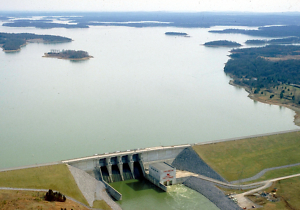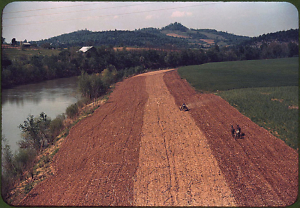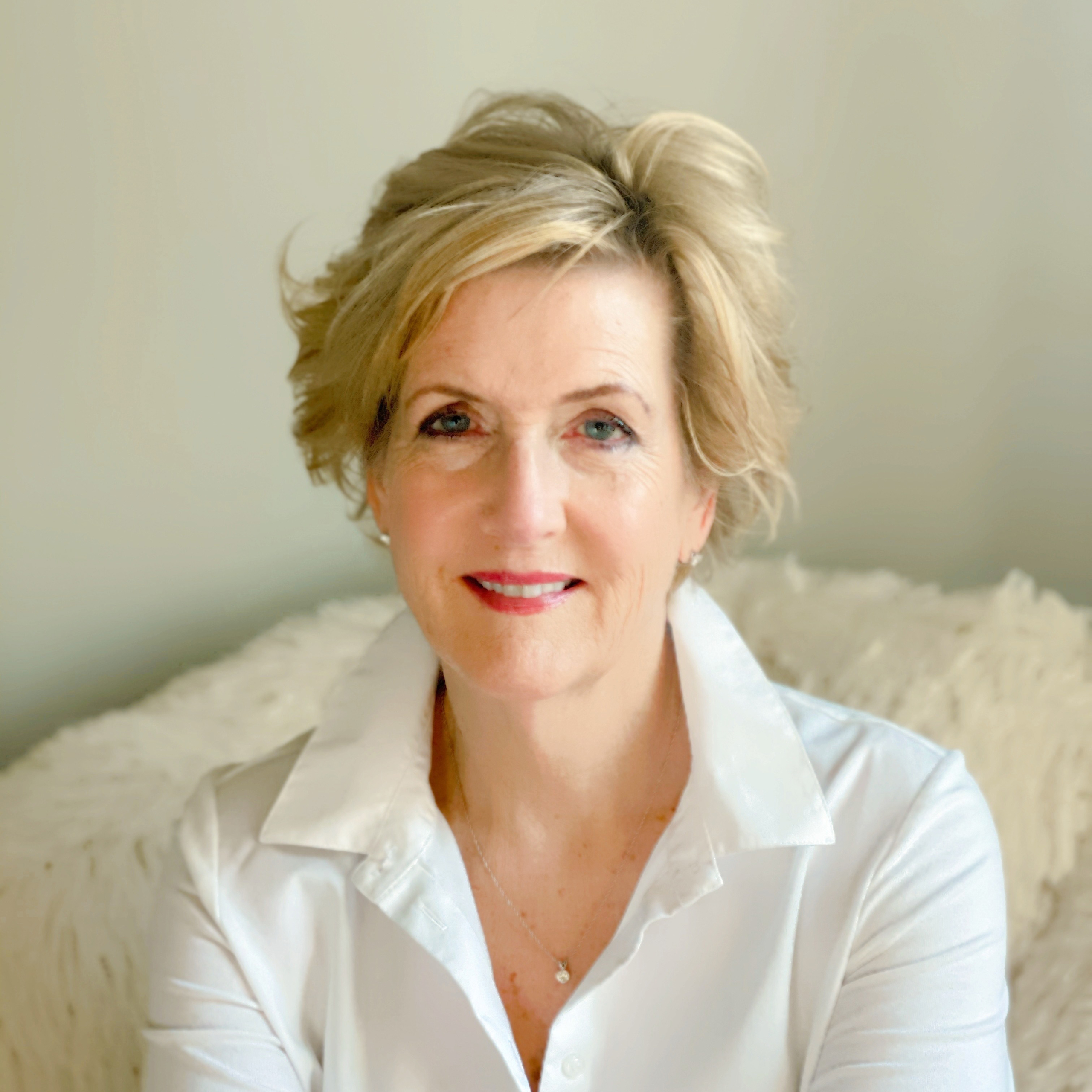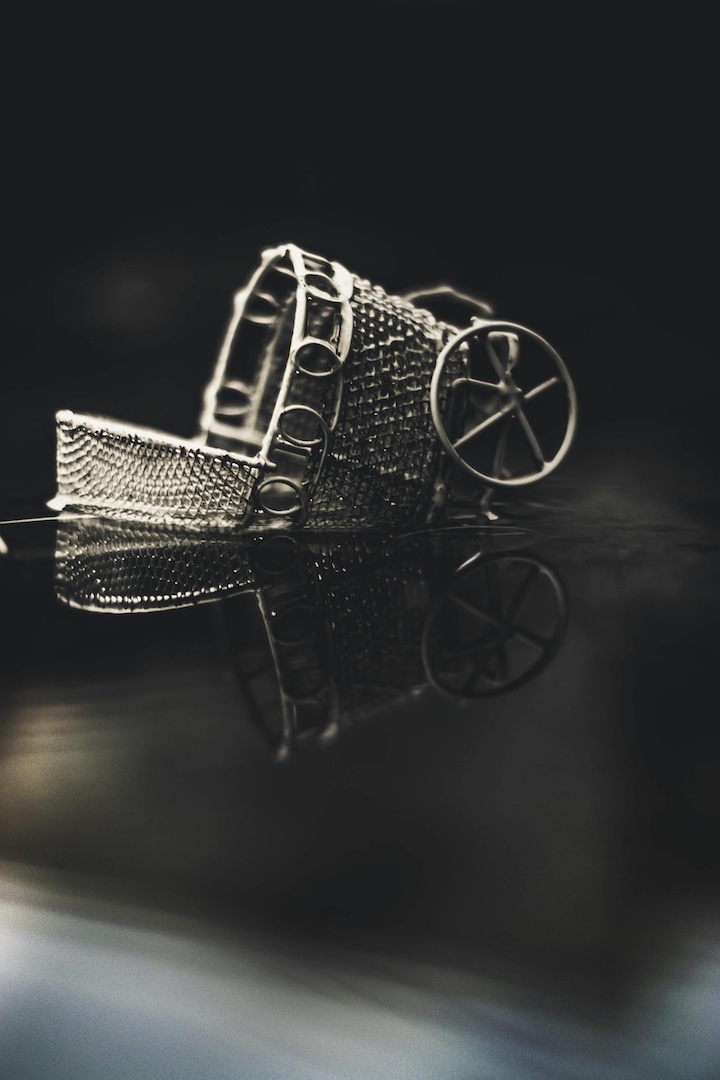What the Water Took
A love that is buried in one generation may be resurrected in another
FROM THE CHAPTER 16 ARCHIVE: This essay was originally published on October 22, 2020.
***
If Charlie was feeling playful, he’d throw a blanket over his back and crawl across the dusty pine floors growling, pretending to be a grizzly bear about to “eat up” the grandchildren. Several times, before our mothers found out and forbid the practice, he’d call us into his room just before bed. We’d jostle for position around the little bedside table where he kept his glasses, his Bible, and the pale green dish that held his dentures. With a touch of theatrics, he would reach into the fleshy crevasse behind his right eyelid and pop out the ceramic eye he had worn since losing the real one in an accident with a bedspring at the age of 12. The creamy white yolk with its painted-on pupil and iris bobbed in a glass of water on the bedside table where Charlie had plopped it. It leered at us, inanimate yet mocking, sending the girls squealing out of the room while the boys feigned bravery and pleaded with Charlie to let them hold it.
 A black and white photo of Charlie and Maude hung on the wall of their small farmhouse in rural Tennessee. It was taken as an engagement photo in the spring of 1918. Maude wears a gray linen blouse, and a pleated skirt of nubby wool skims her ankles. Her long black hair is bound at the nape of her neck in a bun. Her solemn expression hints at a premonition of the difficulty ahead, as if she knew at 18 that her life would include the Great Depression, a second World War, and giving birth to nine children.
A black and white photo of Charlie and Maude hung on the wall of their small farmhouse in rural Tennessee. It was taken as an engagement photo in the spring of 1918. Maude wears a gray linen blouse, and a pleated skirt of nubby wool skims her ankles. Her long black hair is bound at the nape of her neck in a bun. Her solemn expression hints at a premonition of the difficulty ahead, as if she knew at 18 that her life would include the Great Depression, a second World War, and giving birth to nine children.
Charlie and Maude began their marriage on a homestead perched near the banks of the Cumberland River. The first child came within the year of their marriage. Eight more followed. Whooping cough claimed one of the babies, and the river’s frequent flooding eventually claimed the house.
Maude’s family name was Moss and it seemed that the name had shaped her, that her personality had developed according to the laws of genus and phylum. Seemingly fragile and rootless, preferring shadow to light, she bloomed quietly at the margins of her rowdy household. She rarely smiled, but when she was alone in the kitchen with her hands in a sink of warm dishwater, she hummed her favorite hymns. Maude’s contentment in those moments reassured Charlie that she was not about to disappear, that her heart had, in fact, tethered itself to a force outside her small solar system of body and babies and the babbling black water of the river.
Charlie, a zealous member of the Church of Christ, insisted on moving closer to Nashville in the 1940s so the oldest children could attend David Lipscomb College. He and Maude purchased 160 acres of farmland bordered by the Stones River near the town of Donelson. While their farmhouse was being built, the family of 10 jumbled shoulder to shoulder in a small cabin along the banks of the river. They were told that Andrew Jackson had built the structure to use as a fishing cabin. Maude watched for the water to rise, imagining it lapping like flames near the limestone slab that functioned as a front porch. The new house would be built safely out of the reach of floodwaters. Never again would she need to haul the feather mattresses up to the second floor to spare them getting wet. Never again would she need to bundle up the children and hurry them to higher ground.
But the water found them anyway. The farmhouse they built and planned to live in until their deaths was drowned by the U.S. Army Corps of Engineers in the 1960s after the government forced Charlie and Maude to leave. Their farm was part of the 18,000 acres flooded when the Stones River was captured by the Percy Priest Dam. In an irony of which Charlie and Maude were unaware when they bought the land, the dam project, under the name Stewarts Ferry Reservoir, had been commissioned in 1946 to prevent the Cumberland from flooding. The dam was completed in 1968, and the water backed up inch by inch, devouring the dreams of thousands as the resulting lake consumed 42 miles of Tennessee countryside. The residents of the town of Old Jefferson and the farmers who cultivated the rich bottomland surrounding the river were forced to accept whatever payment the government offered and abandon their homes to the hungry water.
 Charlie and Maude moved into a small house next door to one of their daughter’s homes in Nashville. Maude was adrift without her garden, her chickens, and all the wide sky a farm wife takes for granted, all that open space, big enough to bleed her sadness into. Charlie busied himself with the church, and increasingly, with Maude’s care, as her health deteriorated after the move. Maude was a small woman, and the years and the losses whittled her away to bones.
Charlie and Maude moved into a small house next door to one of their daughter’s homes in Nashville. Maude was adrift without her garden, her chickens, and all the wide sky a farm wife takes for granted, all that open space, big enough to bleed her sadness into. Charlie busied himself with the church, and increasingly, with Maude’s care, as her health deteriorated after the move. Maude was a small woman, and the years and the losses whittled her away to bones.
She died in the grim chill of January at the age of 68, three weeks before my 12th birthday. To escape the crush of adults gathered in the funeral parlor, I snuck away to the room provided for the family in preparation for the next day’s service. The folding chairs were lined up in rows before a set of double doors which opened to the front of the auditorium, giving the family a view of the casket and the podium where we would be hidden from the curious eyes of the funeral attendees. We could mourn unseen.
Charlie, unaware that I was there, walked alone from the back of the auditorium and into my line of vision. He seemed old, his shoulders slumped under his suit coat, a hint of shuffle in his lanky gait. He stood over the open coffin where Maude lay ashen and fancied-up in her black linen sheath, her gray-black hair captured by a plain wool hat with a silver pin holding it in place. He gazed at her as if she might spring up at any moment and the hat tumble from her head. As if something in his grief might animate her in a way that her life had not.
Charlie’s face was illuminated by a spotlight as he rested his hands on the edge of the open casket, his fingers brushing the silk lining as quiet tears tracked down his cheeks. Charlie’s grief bespoke all that had been taken from him, all that the years and Maude’s depression and the water had washed away. By the time of Maude’s death, the heirloom rambling rose that grew along the porch of the farmhouse and blanketed the lawn with pale pink confetti every Mother’s Day was dissolving into driftwood. The green fields that pastured their cattle were decomposing: soil into sediment, landscape into lakebed.
The contours of those fields and the warmth of the farmhouse kitchen were imprinted on my psyche, and what is buried in one generation may be resurrected in another. The love of land is passed through blood like DNA, and Charlie’s bloomed in me, coalescing into a need, the quest for land of my own becoming the scaffolding of an imagined life.
Land ownership is more difficult to achieve now. Rural communities are both blessed and cursed by the constant advance of urban life, making rural acres more valuable, and therefore more difficult to obtain. The urban sprawl of Nashville creeps ever outward like the concentric ripples of a stone thrown into a pond. In a reverse migration that is becoming more of a trend, I moved away from the city and into the countryside, drawn, like Charlie, to expanses of green pastures and an intimate connection with the cycles of farm life.
My farm is far enough away from the Cumberland to be of no use to the public, but close enough to be in the flightpath of the geese who winter in its marshy shallows. They wail encouragement to each other as they pass in formation over my garden. A cutting from Maude’s pink rosebush, cultivated now by three generations of our family, has grown into the four large bushes that splay across my garage, tossing their pale pink petals into the breeze each Mother’s Day.

Copyright (c) 2020 by Cynthia Ezell. All rights reserved. Cynthia Ezell is a psychotherapist, farmer, and writer. Her literary work emerges from the intersection of human relatedness and the environment, reflecting an intimate relationship with land and place. Her work has appeared in The Dead Mule School of Southern Literature, New Directions Journal, Deep Wild Journal, and Wineskins.
